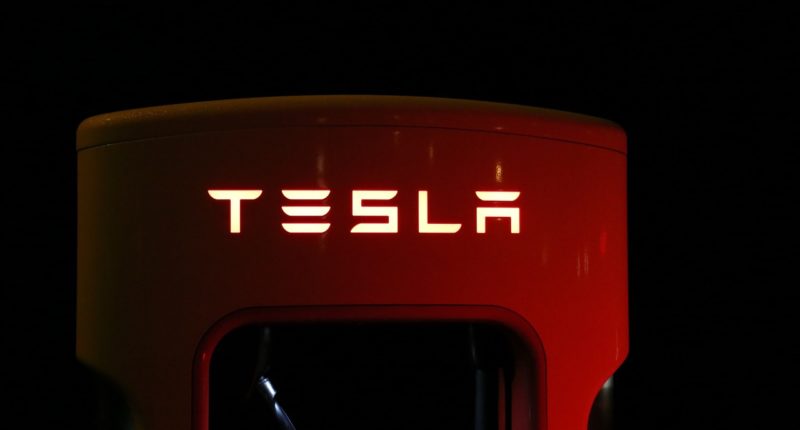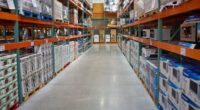While the pandemic of coronavirus has caused most major companies in the world to close down shutters, Tesla planned to continue production despite a fall in demand. That is going to change now since the sheriff’s office in the county home of Tesla Inc.’s California car factory said the automaker must halt production.
Tesla had continued production at its Fremont factory even after non essential businesses were ordered to close shop a day before. However, the company was asked to cut down functioning, conducting “minimum basic operation only,” after it was decided that Tesla is not an essential business in a tweet by the sheriff’s office. (Who would’ve thought that electric cars aren’t essential business?). This announcement was made by Alameda County Sheriff spokesman Raymond Kelly, in an email sent to The Wall Street Journal on Tuesday.
Tesla: @Tesla is not an essential business as defined in the Alameda County Health Order. Tesla can maintain minimum basic operations per the Alameda County Health Order.
— Alameda County Sheriff (@ACSOSheriffs) March 17, 2020
Elon Musk had previously asked his employees, in an email statement, to not feel obligated to come to work, writing “I’d like to be super clear that if you feel the slightest bit ill or even uncomfortable, please do not feel obligated to come to work,” and that he would show up at work but “that’s just me”. He added, “Totally ok if you want to stay home for any reason,” leaving it onto the employees if they wanted to show up for work or not. However, this email also had the underlying message that facilities were open, and production will continue as normal.
The decision faced a lot of scrutiny, with the former Secretary of Labor, Robert Reich, saying “Subjecting 10,000 workers to this pandemic is shameful.”
The company, which had recently announced the first delivery of its newest Model Y SUV, will now have to wait to fulfill public deliveries. This could be the last nail in the coffin of a third consecutive profitable profit. The streak is almost over, as indicated by Tesla’s newest market cap which hit $80 billion, its lowest in a long time.
Chief Executive Officer Elon Musk had planned to continue production, hoping to surf the ‘two consecutive profitable quarters’ tide as much as possible. The company had initially planned on achieving 36% growth in deliveries over the course of the year. However, those plans changed very quick after the virus broke out in China, causing the company to shut down production in its newest Shanghai facility. Joseph Spak, an analyst for RBC Capital Markets, who started the year with a prediction of 525,200 car deliveries for Tesla has humbled this number down to 364,000.
The Tech Portal is published by Blue Box Media Private Limited. Our investors have no influence over our reporting. Read our full Ownership and Funding Disclosure →





